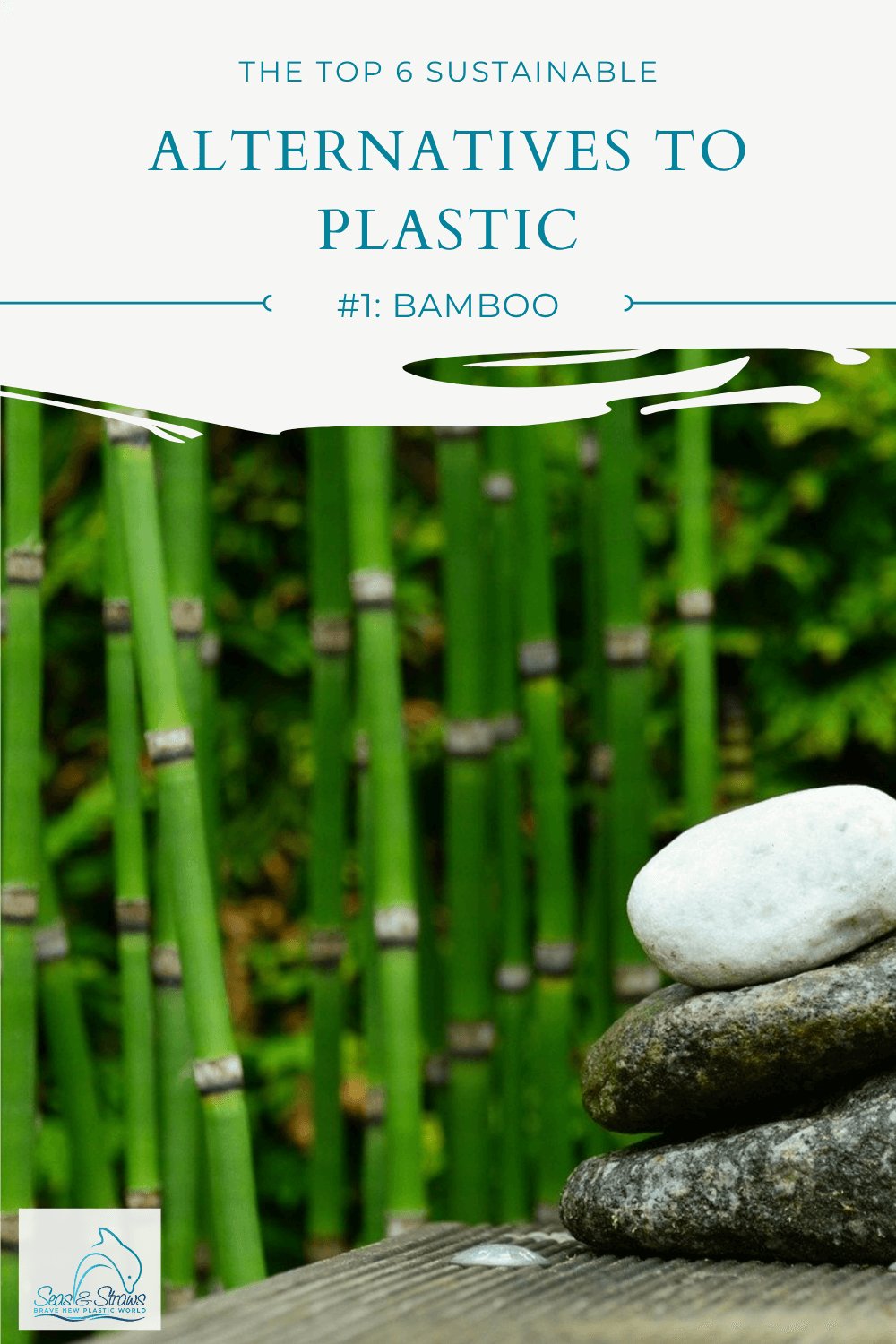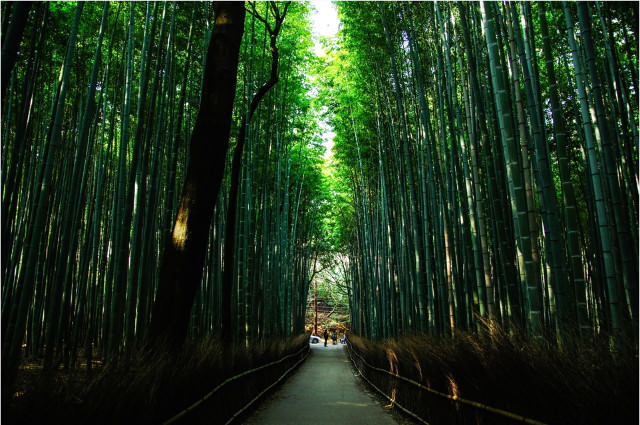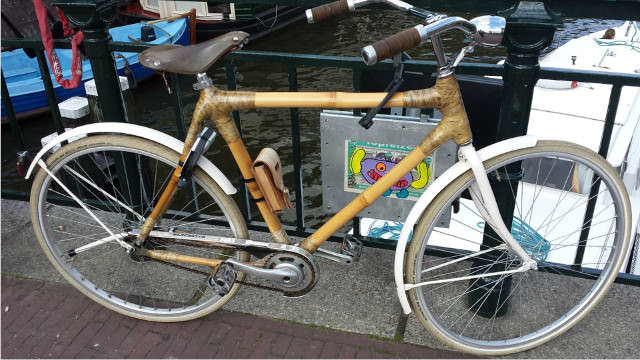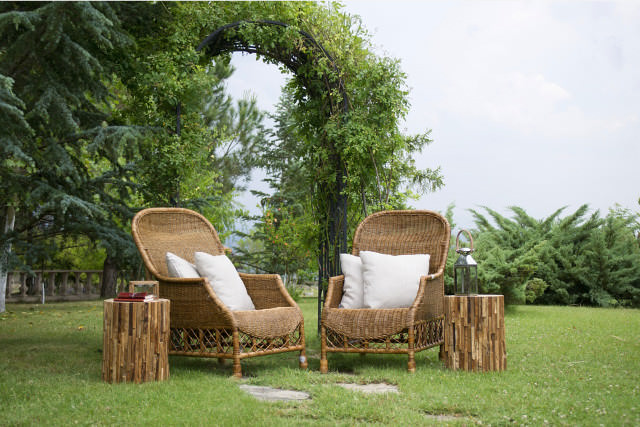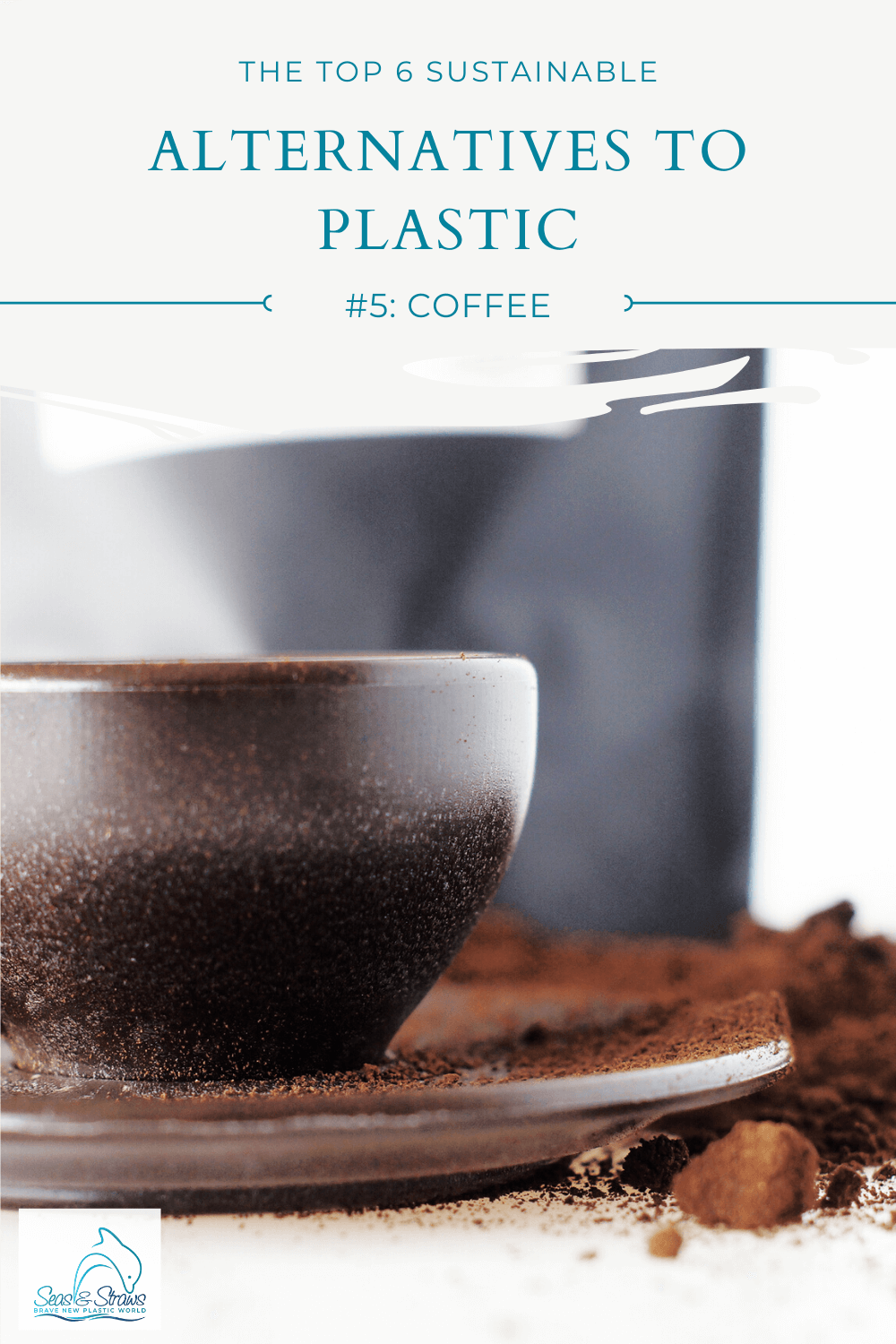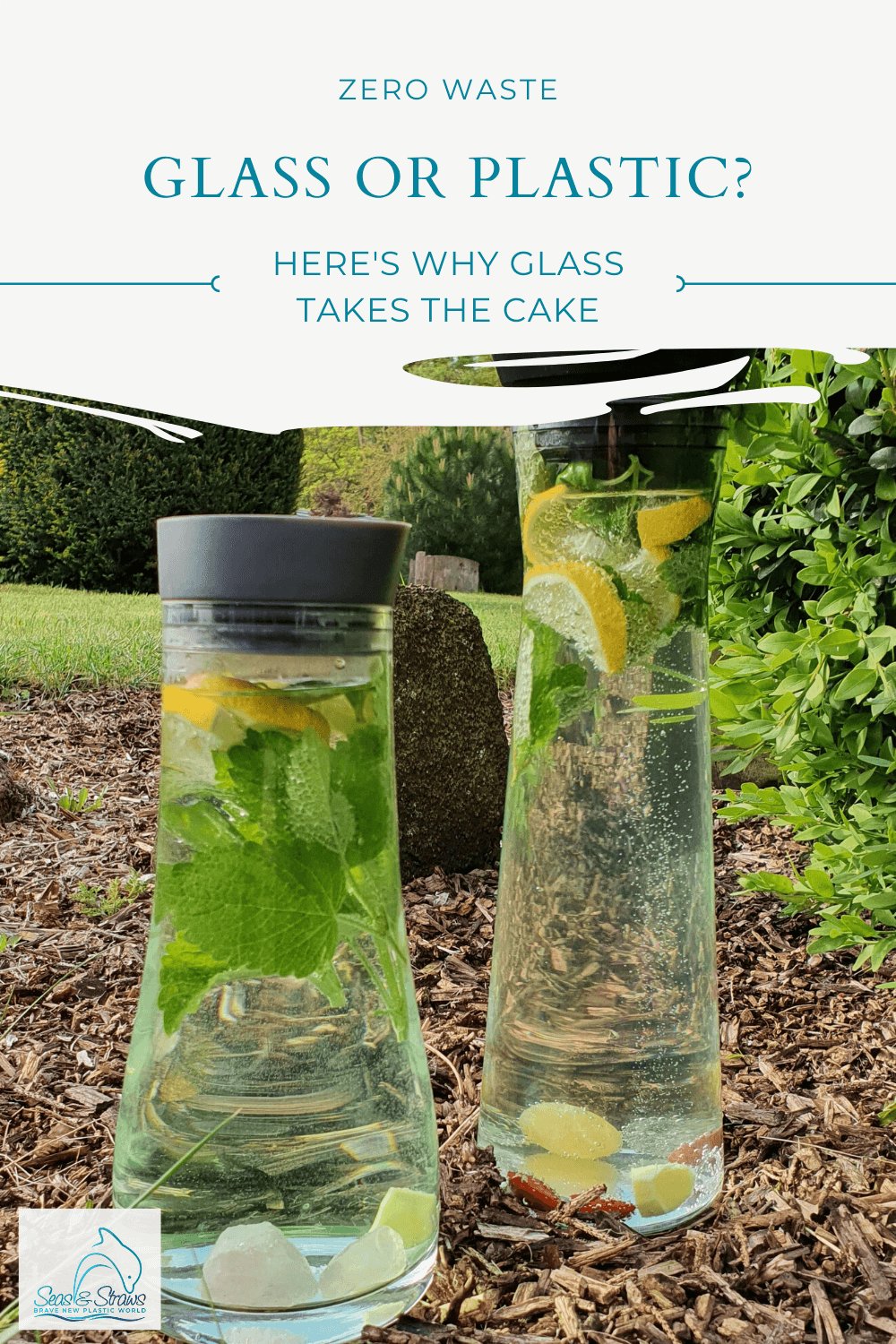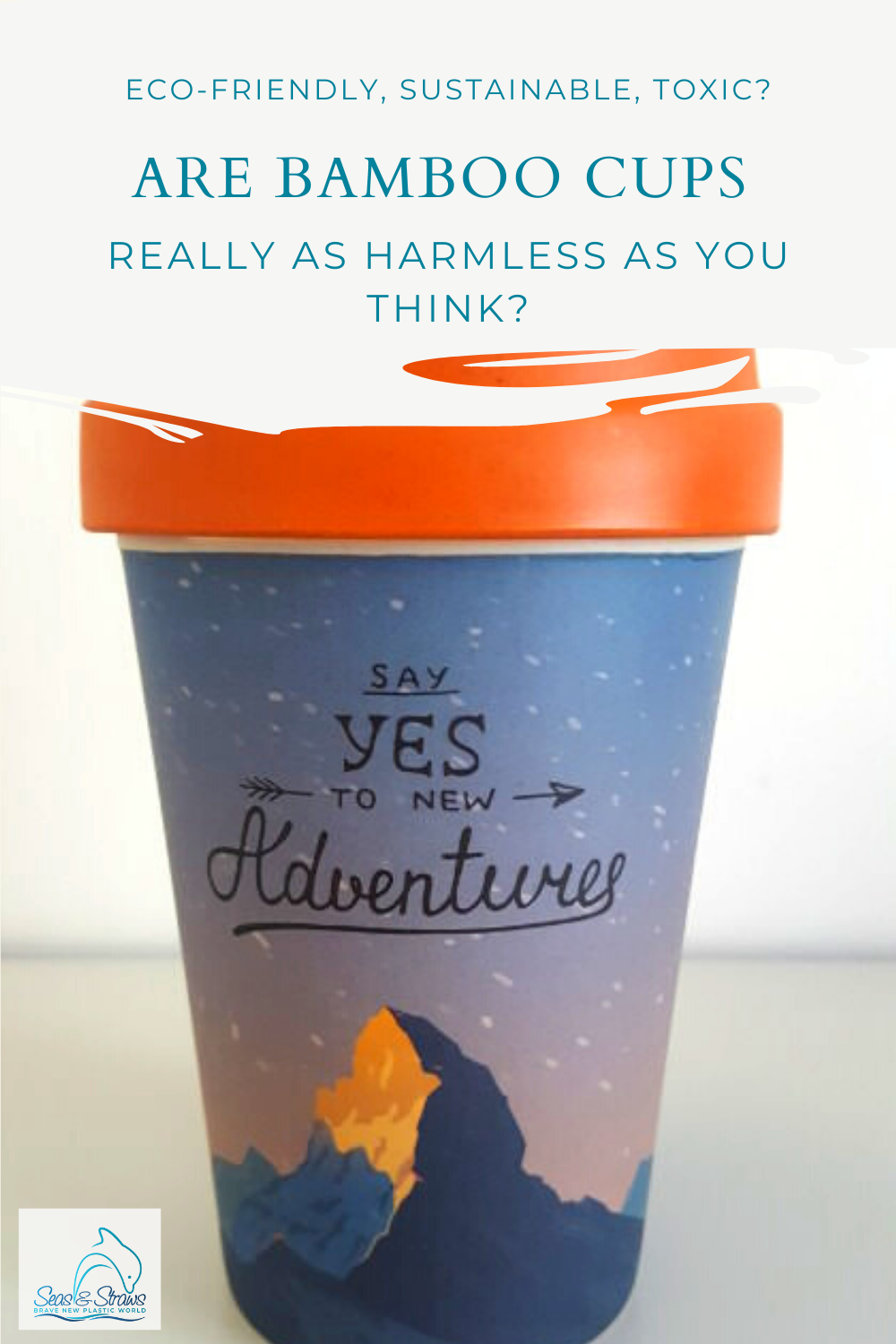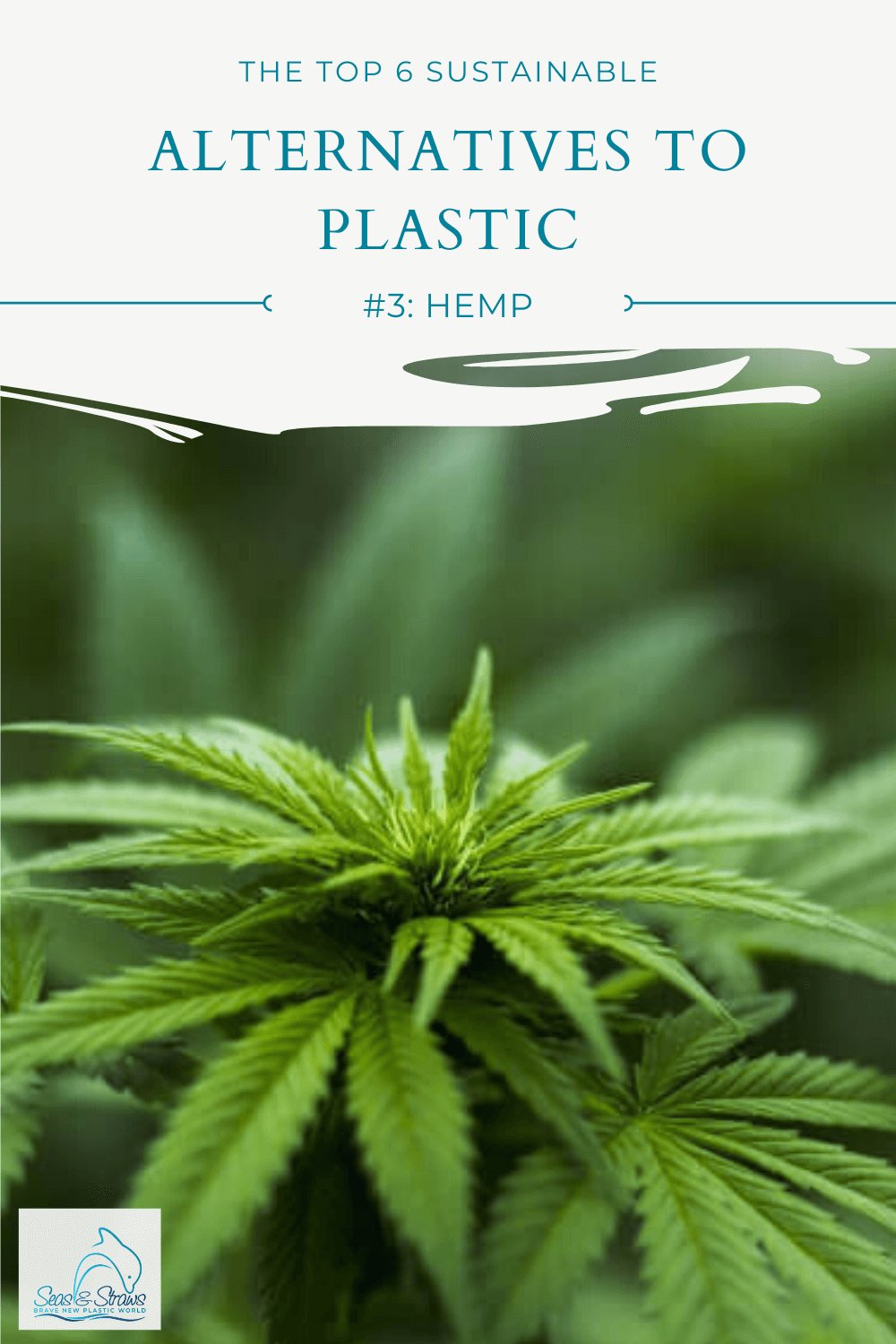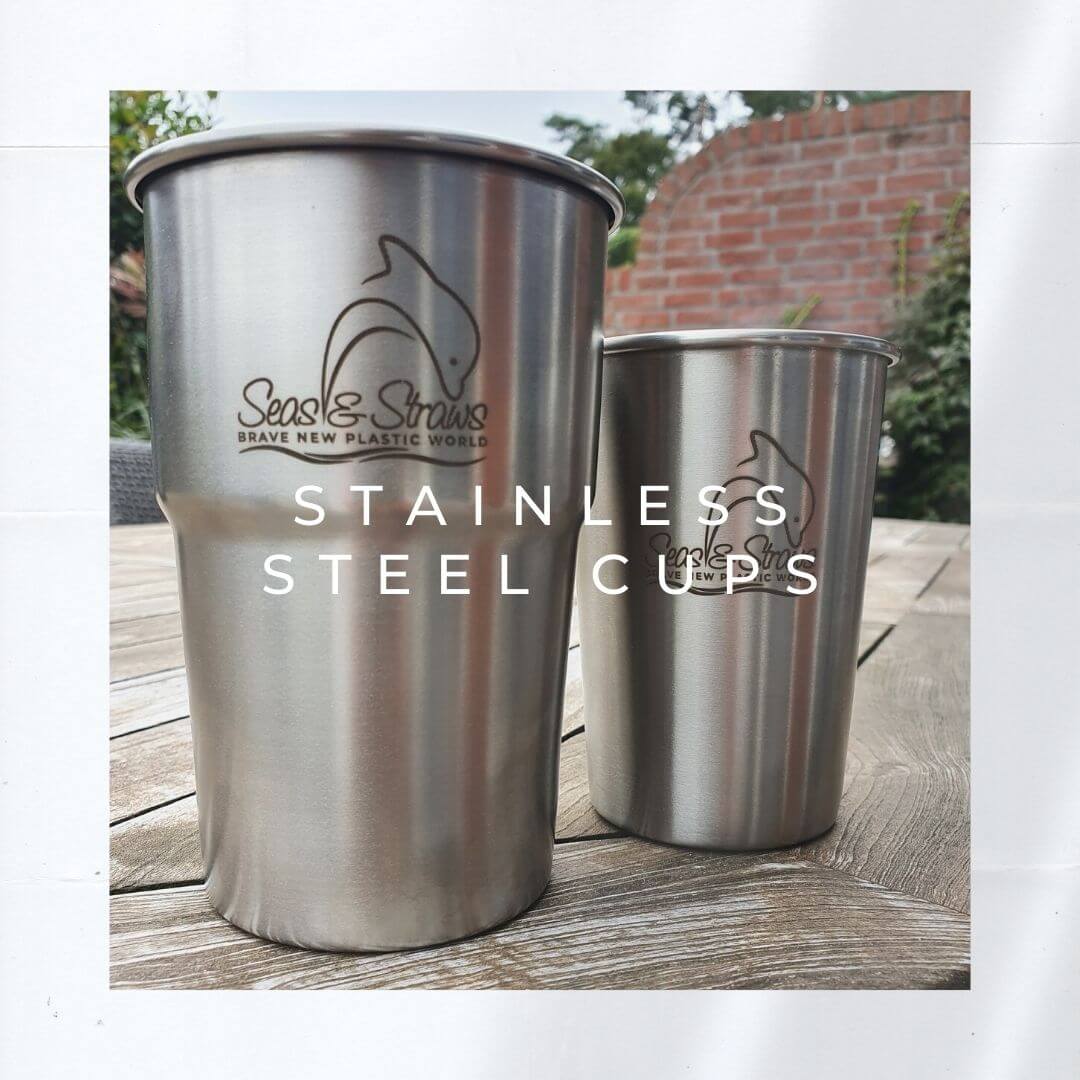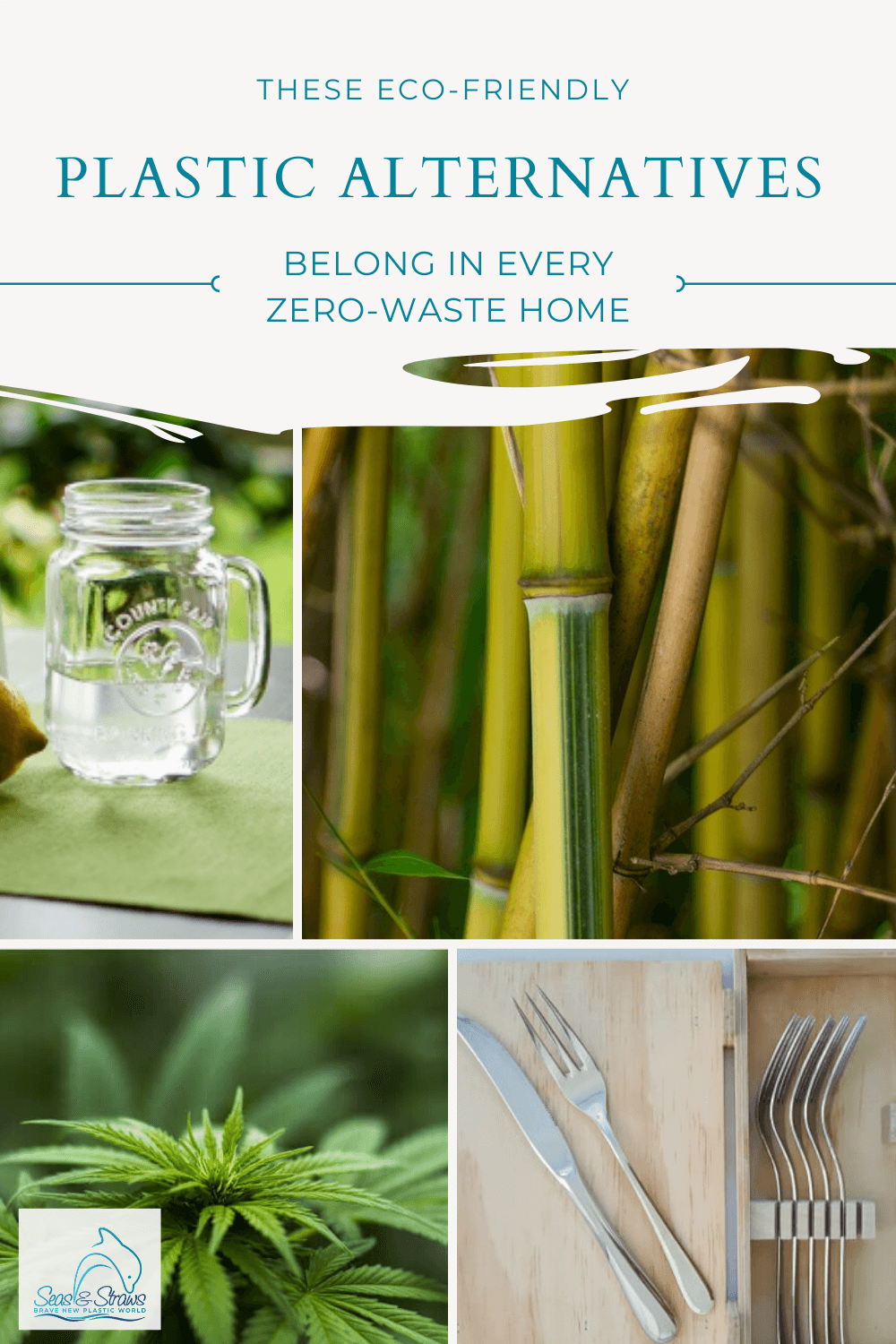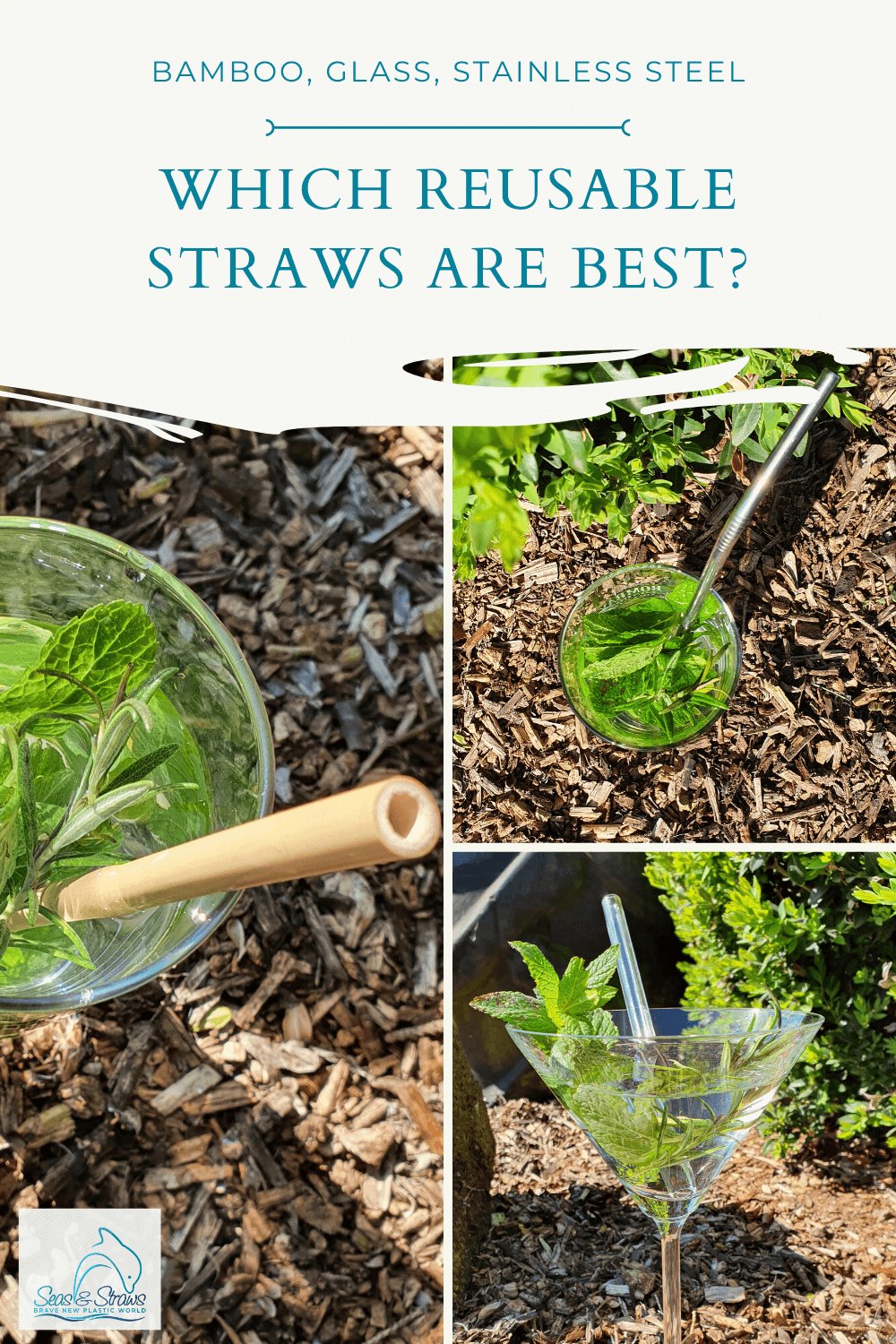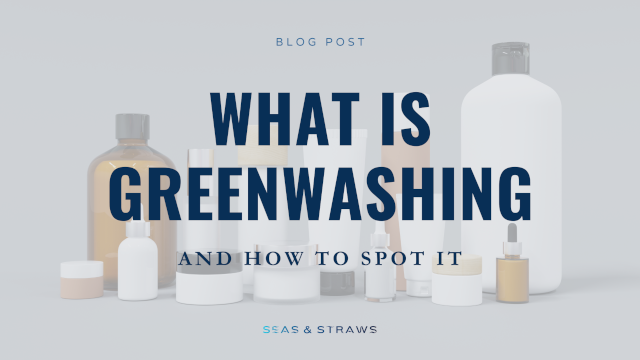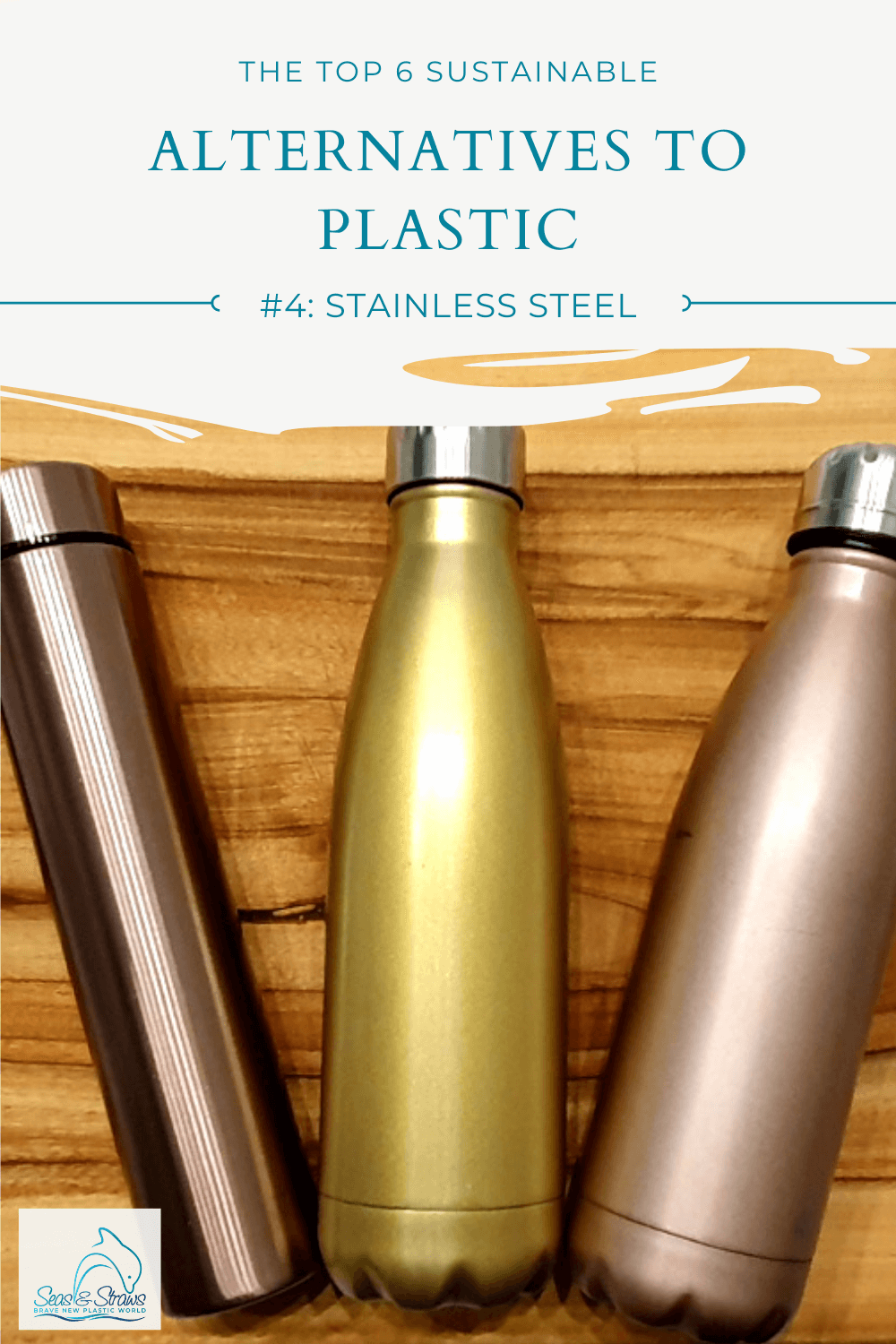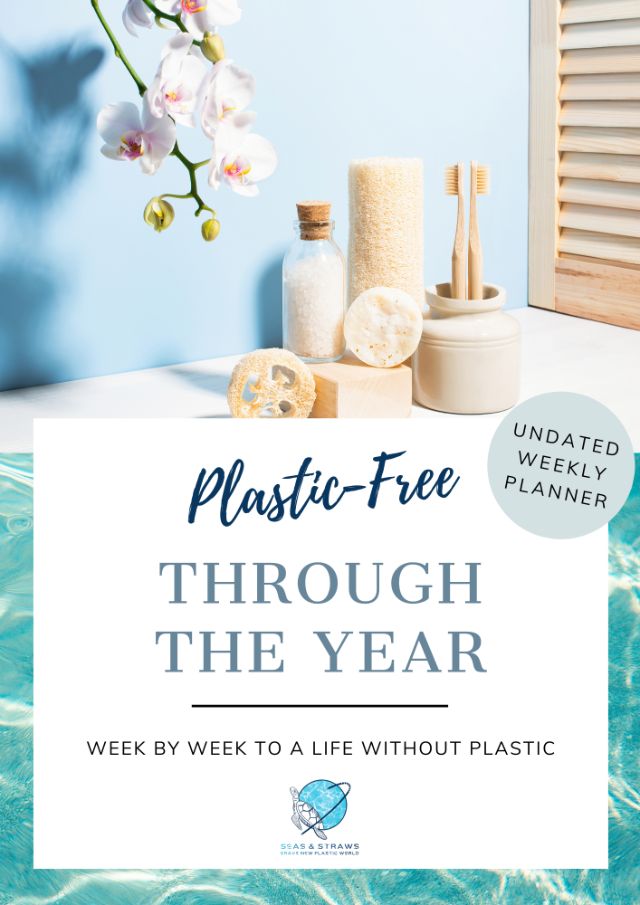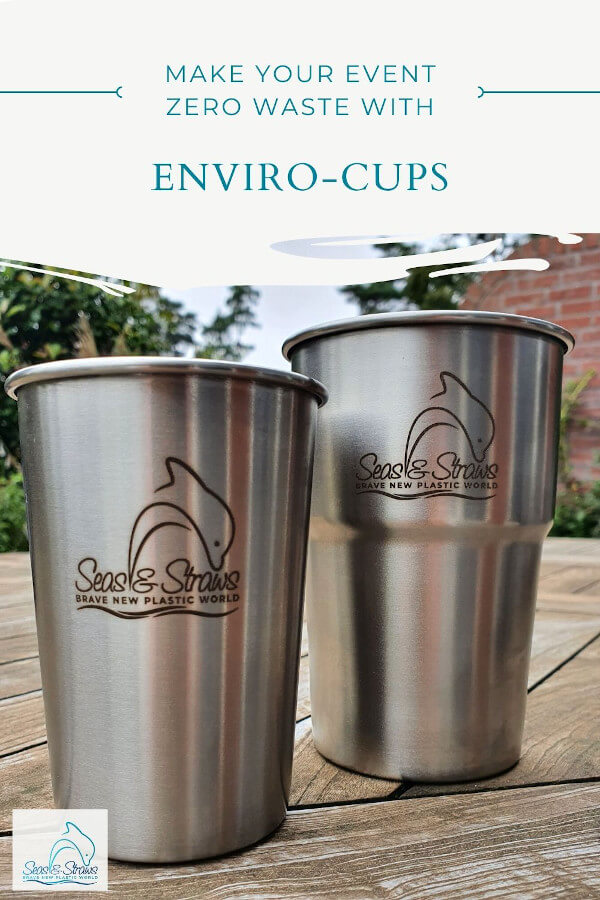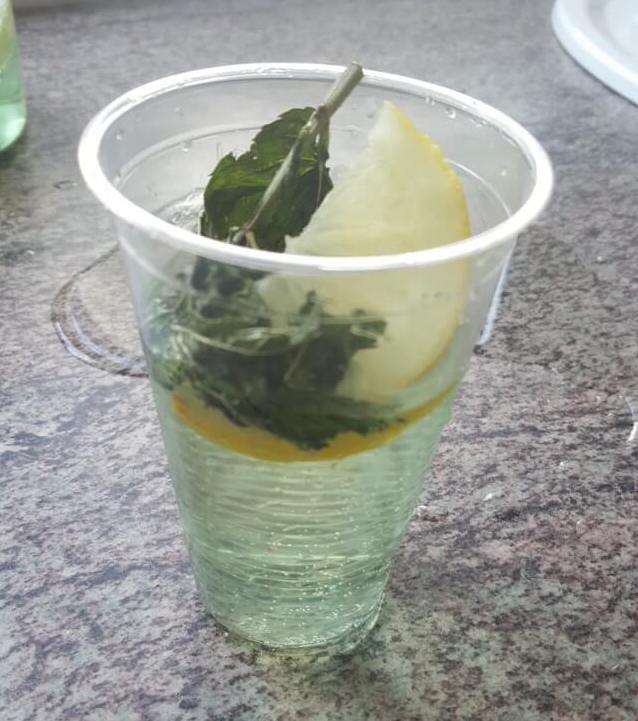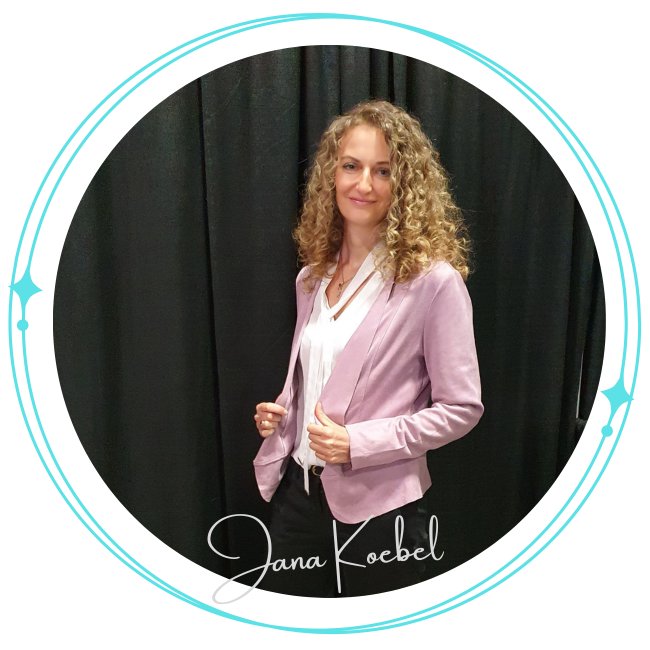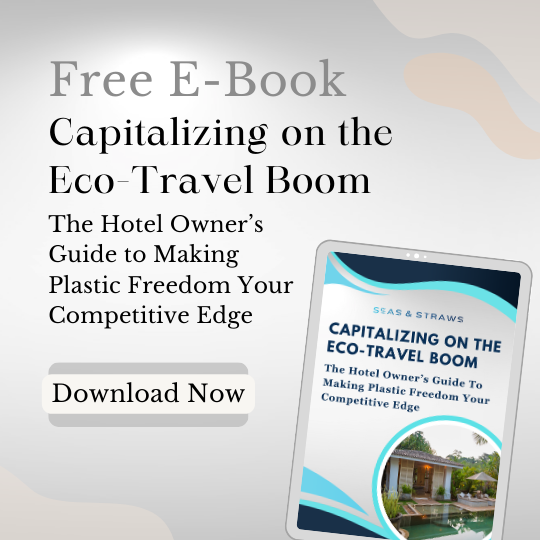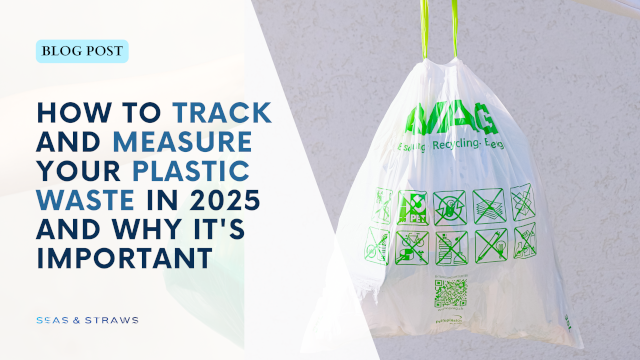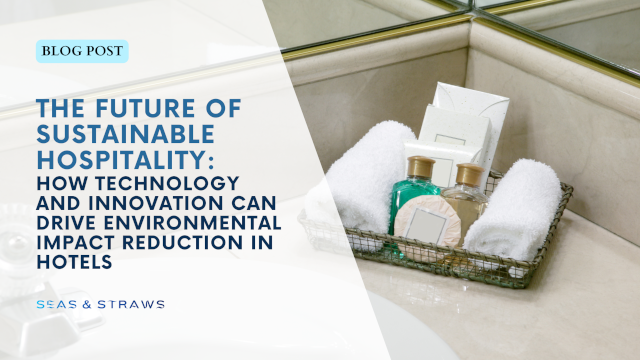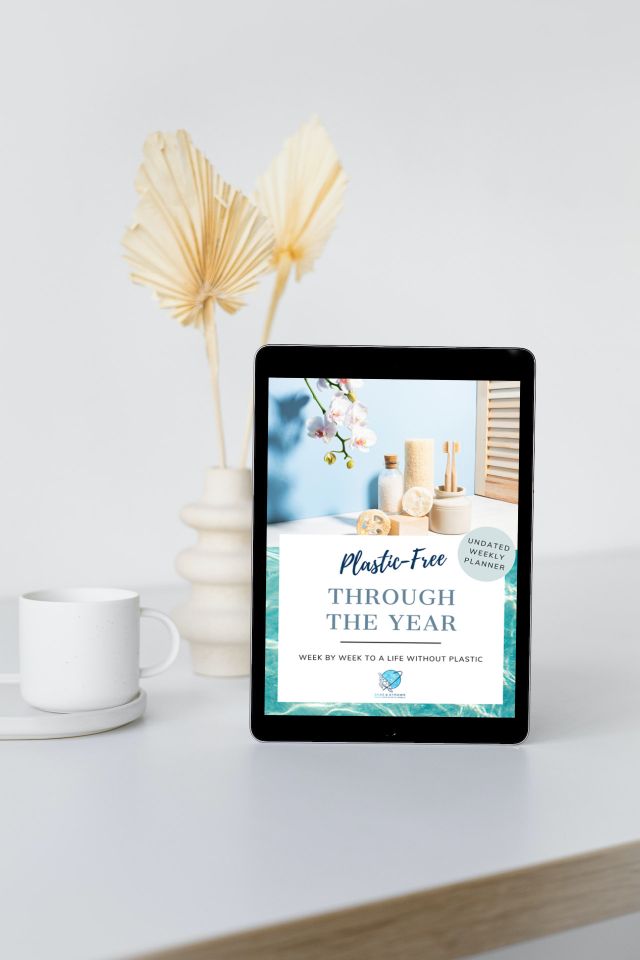- Home
- Plastic Alternatives
- Bamboo
Why bamboo is the new superplant for a sustainable future
In these days, we are increasingly concerned with product safety and sustainability. We have learned that our addiction to materials such as plastics is not only a danger to our health, but to our whole planet and every species on it. Sustainable farming practices and environmentally friendly products are becoming more and more important.
Enter bamboo. The Chinese superplant presents a viable substitution for plastics, but also for the less sustainable hardwoods. It is lightweight but strong, durable, flexible, easily grown and highly versatile. There is no doubt: the remarkable bamboo is quickly becoming the most functional natural material in the fight to create a cleaner, more ecologically conscious future. It might just save the planet.
And here is why.
Bamboo and Sustainability
Bamboo is fast growing, robust, affordable and incredibly low maintenance. It does not need irrigation, pesticides, or additional chemical fertilizers to flourish. Human intervention is not necessary. It grows in a large range of environments and locales, sometimes like a weed. Like trees, it serves as a soil erosion inhibitor; the complex, tangled root system acts as a stabilizer for soil on steep slopes or mountainsides.
Unlike hardwood trees, which are slow-growing and difficult to regrow, bamboo is actually a hardy grass. And it grows like one!
Depending on the species, it grows up to one meter per day and can be harvested every 3 to 5 years. As long as the root system remains intact, the plant does not die when cut. Instead, it will just grow new shoots from the existing root structure. No replantation necessary. This makes it a highly sustainable option that does not damage the soil through continual harvesting and replanting.
There is no need for pesticides, so no harmful toxins find their way into local water sources. It also means that the majority of the consumer products is completely organic. A bamboo straw, toothbrush, fork or cutting board does not leach any chemicals into the food or the body, simply because there are no chemical additives of any kind. And lastly, the production of natural fibers for clothing has a lower impact on the environment than the production of similar synthetic fibers.
Most importantly, though, Panda's favorite food absorbs and sequesters carbon dioxide while producing impressive amounts of oxygen. A stand of bamboo actually releases 35% more oxygen into the surrounding air than an equivalent stand of trees.
The incredible versatility of bamboo
Today, bamboo is at the forefront of the eco-friendly, sustainable lifestyle movement. It can be used for anything from building homes to bicycle frames to toothbrushes, plates, cutlery and straws. Here are some examples.
Housewares
Bamboo is a fantastic alternative to any plastic household materials. Takeaway restaurants will love the disposable plates, spoons, knives, forks, and napkins. At home, multi-use or more permanent items like cups, saucers, plates, flatware and serving ware will look great on every table or at garden parties. Even straws, once made entirely of plastic, can now be used with good conscience again. Bamboo straws come in different lengths and sizes for cocktails or smoothies. Take your straw or this bamboo cup to your favourite coffee shop, you might even get a discount.
Everything is reusable, easy to clean and completey biodegradable. A great option for the conscious consumer.
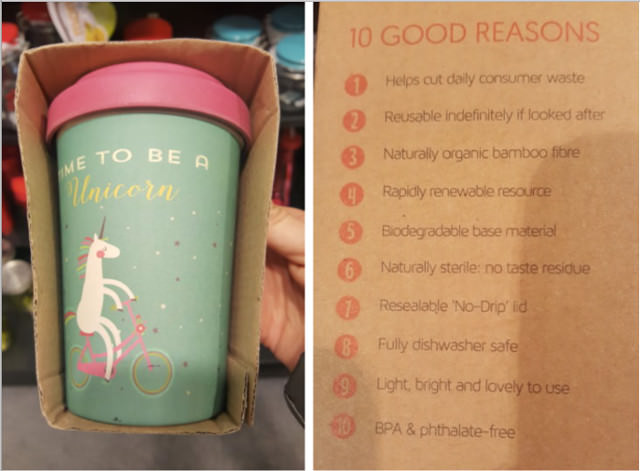 A lovely, biodegradable bamboo cup, packaged in cardboard
A lovely, biodegradable bamboo cup, packaged in cardboardConstruction
Believe it or not, but the grass is a great construction material. It is so strong and durable that it can be used as both a building material in bridges and as a reinforcement for heavily traveled roads. Houses can be built of bamboo alone or of bamboo-composite material. This could save hundreds of thousands of hectares of timber in threatened forests. Bamboo flooring is becoming increasing popular as a durable, cost-effective alternative to traditional hardwood flooring. And have you seen a bamboo fence yet? It looks great!
Oh, and what about this bike?
Furniture
Durable, low-cost bamboo furniture is a great alternative to anything plastic, but also to slow-growing, ecologically imperiled wood. Because of its strength and flexibility, it can be carved, woven, or even molded to create chairs, tables, bed frames, cabinets, and much more.
Clothing
The natural fibers are similar to hemp and can be used to create durable, canvas-like fabric which can then be made into clothing. Such fabric not only offers a more ecologically conscious alternative to synthetic fibers. It is also efficiently moisture-wicking, thermal regulating, breathable and fast drying. The clothing even boasts superior absorbency and odor reduction properties.
Paper
As with construction materials and furniture, the grass can be used in place of traditional wood to create any kind of paper products. Because of its quick regrowth, it is a more sustainable source to make printing and writing materials and even product packaging.
Hygiene Products
The plant's antimicrobial properties make it resistant to a variety of germs and bacterial growth. Combine that with its ability to thrive without fertilizers or pesticides, and you might just have the most natural, organic and healthy material possible. No wonder it is used to create hygiene products like combs and toothbrushes, but also diapers, wound wrappings, and feminine hygiene products like tampons and sanitary napkins.
Fuel
Often thought of in terms of smog and carbon dioxide, this plant is also an effective source of charcoal used for fuel. Of course, charcoal is not a good source of fuel in any case. But rather than using vulnerable, slow growth trees, this kind of charcoal is both more sustainable and healthier, as this plant is not treated with pesticides.
how bamboo can save the planet
As an alternative to hardwoods, it is essential to the continued health and growth of forests that would otherwise be decimated by logging and clearcutting. The widespread use of bamboo-based products, rather than traditional wood products, helps to lessen the impact of our consumerism on the already dwindling forests of the world.
As an alternative to plastic, it reduces pollution both on land and in the world's oceans. The renewable, reusable and biodegradable material is a true allrounder. It is completely natural and decomposes into nothingness. Plastic products, on the other hand, live forever. Instead, plastic waste disintegrates into smaller, still indestructible plastic particles that are then ingested by fish, birds, and other animals. These particles pass further up the food chain, leaving death in their wake. With nearly 30 million tons of plastic waste generated annually, it is important that consumers understand that there are safer, more sustainable, ecologically responsible alternatives out there -- and this plant is a great place to start!
